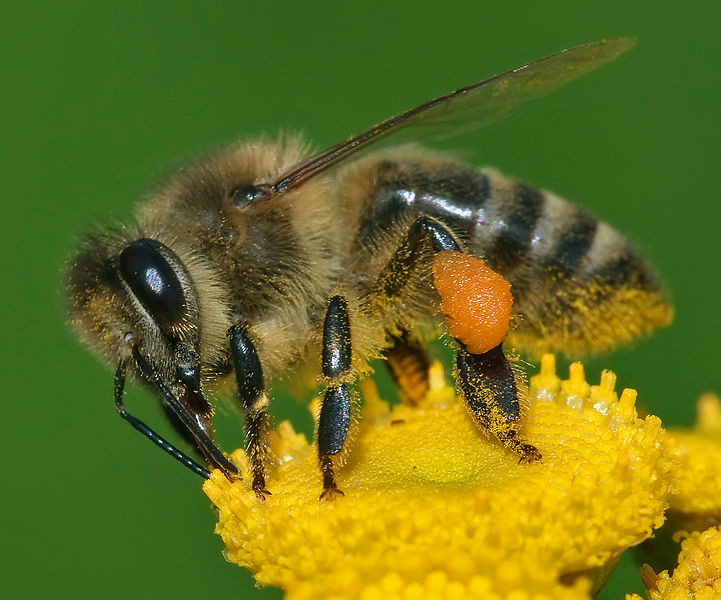This new vaccine uses an adjuvant which helps neutralise bee venom at a much faster rate than current treatments
An Australian-developed vaccine to counteract allergic reactions to European honeybee stings has proven successful in human trials, raising hopes it could become a simpler and more effective long-term treatment.
The clinical trial, conducted at Flinders University in South Australia and the Royal Adelaide Hospital, included 27 adults with a history of allergic reactions to bee stings.
Current treatments for bee sting allergy are complex and can involve patients having more than 50 injections over a three-year period to build up their immune system.
This new vaccine, by contrast, uses an adjuvant which helps neutralise bee venom at a much faster rate.
Associate Professor Robert Heddle, lead investigator in the trial, said the aim of the trial was to see if the adjuvant would safely speed up and improve bee-sting immunotherapy.
“The results of the study were very promising and confirmed the safety of this approach to improving bee sting immunotherapy,” Professor Heddle said.
Professor Nikolai Petrovsky, from Flinders University, said the adjuvant used to enhance the bee sting vaccines had now been successfully given to more than 1000 individuals across a range of different vaccines, including in the current bee sting allergy trial.
“Our technology is like adding a turbocharger to a car and in this case makes the bee allergy vaccine much more powerful, allowing the immune system to better neutralise the bee venom and prevent allergic symptoms,” Professor Petrovsky said.
It is estimated one in 30 people are allergic to bee venom.


